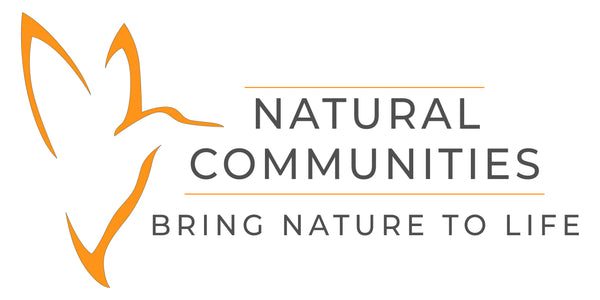Writing a successful grant proposal for natural resource restoration is a competitive process that requires careful preparation, thoughtful research, and clear, concise writing. In this post, we’ll outline some key steps and best practices for crafting a compelling grant proposal that will help you achieve your restoration goals.
Define your project goals and objectives
Before you start writing, take some time to think about the specific goals and objectives you want to achieve through your restoration project. What are the problems you’re trying to solve? What outcomes do you hope to achieve? Having a clear understanding of your project goals will help you focus your writing and make a stronger case for funding.
Research available funding sources
There are many different organizations and agencies that provide funding for natural resource restoration projects. Do your research to identify the funding sources that are most relevant to your project goals and objectives. Review their application guidelines and requirements to make sure your proposal meets their eligibility criteria.
Develop a project budget
Developing a detailed project budget is an important part of the grant writing process. Be sure to include all project-related costs, such as personnel, materials, equipment, and other expenses. Be realistic and accurate in your budget estimates to ensure that you have a solid financial plan for your project.
Write a clear and concise proposal
When writing your proposal, be sure to clearly articulate your project goals, objectives, and budget. Use concise, easy-to-understand language and provide a clear, compelling case for why your project is important and deserving of funding. Be sure to follow the grant application guidelines carefully, including formatting and page length requirements.
Gather letters of support
Letters of support from community organizations, local government, and other stakeholders can be an important part of your grant application. These letters demonstrate broad support for your project and show that you have the backing of important partners in your community.
Pay attention to detail
Be sure to proofread your proposal carefully to catch any typos, grammatical errors, or other mistakes that could detract from your proposal’s overall quality. Double-check that you’ve included all the required attachments and that your proposal is formatted correctly.
Writing a successful grant proposal for natural resource restoration requires careful preparation, research, and attention to detail. By following these best practices, you can increase your chances of securing the funding you need to achieve your restoration goals and make a positive impact on your local community and environment
Illinois Clean Energy Community Foundation Grant: https://www.illinoiscleanenergy.org/our-work/grants/

